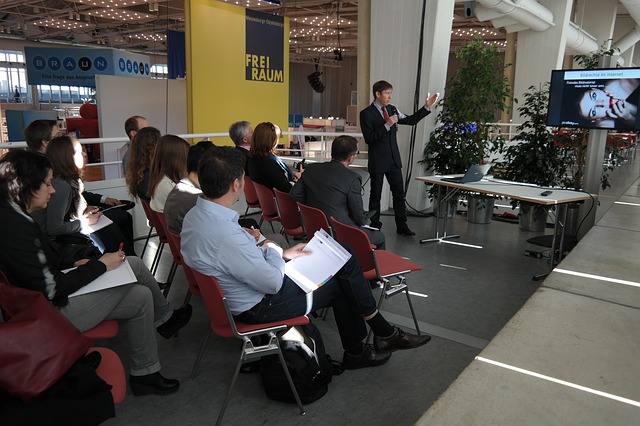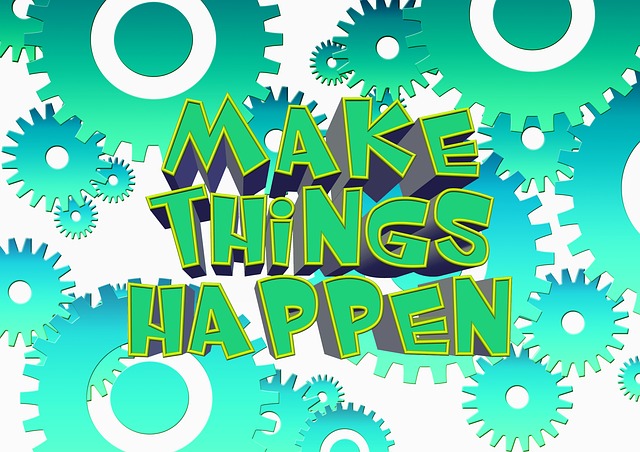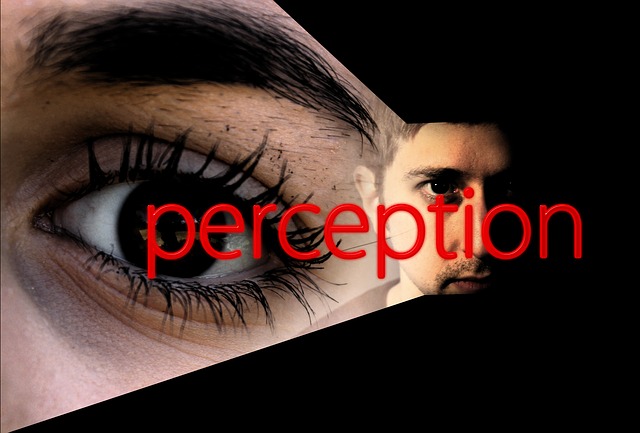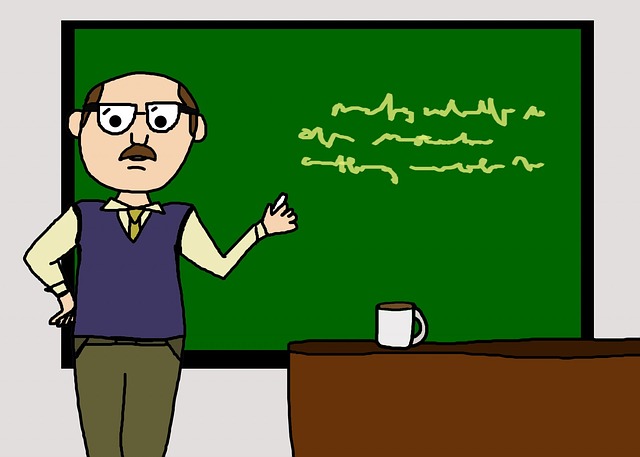Reported speech – basic

If you want your writing and especially your speaking to get better, learn how to use reported speech. It raises your level of English a lot, and you’ll know this grammar probably better than most English speakers. Reported speech, or indirect speech, is used when you are reporting (telling someone) what someone else said. This is different than direct speech where you use quotation marks. Let’s look at the difference:
Examples:
She said, “ I’m bored and I’m going to my friend’s house.” (Direct speech)
She said that she was bored and that she was going to her friend’s house. (Indirect speech)
The difference in these two examples is that in direct speech the words inside the quotation marks (“ ”) are the same words that came out of the person’s mouth. They are exactly her words. In reported speech, you say what the person said in your words. Therefore, some of the words are different, but the meaning is the same.
Some of the words are different because these words were probably said in the past and in a different place. Therefore, the words that change are pronouns, possessive adjectives, and verb tenses. Notice in the examples above that “I” changes to “she” and ‘m (am) changes to “was.” This is because the reporter of the speech is not the person who originally said the words. Therefore, I, who is the person speaking, changes to she, who is the person reported on. In the same way, the original speaker talked in the present tense (am), but when the reporter reports the speech, he or she is usually doing it later, so the verb tense cannot be present. It must be past (was). My, which belongs to the person talking, changes to her from my point of view.
In reported statements, that can be dropped anytime before a subject and verb, so I will put it in parentheses – (that). When you see this word in the examples that follow, remember that you can drop it if you want to.
There are several reporting verbs that you can use. The 2 most common are said and told.
Use said for the reporting verb if you don’t have a person or people after it:
Examples:
He said (that) he arrived before noon.
They said (that) they had a good time at our party.
(Sometimes people say: They said to us (that) they had a good time at our party, but this is far less common.)
Use told if you have a person or people after it. This person or people can be a pronoun (me, you, him, her, us, them) or a noun (our parents, the police, etc.):
Examples:
We told our parents (that) we were coming straight home.
They told us (that) they needed more time to prepare.
Here are some more examples of statements in reported speech:
She said, “I study hard because I want to pass.” (quoted speech)
She said (that) she studied hard because she wanted to pass. (reported speech)
He told her, “I’m bored, so I want to do something interesting.” (quoted speech)
He told her (that) he was bored, so he wanted to do something interesting. (reported speech)
If the time hasn’t changed when you report the speech, then you don’t have to change the present tense to the past, but you can if you want to, and there’s no difference in meaning.
Examples:
He said, “I usually eat a quick breakfast and then get a cup of coffee on my way to work.” (quoted speech)
He said (that) he usually eats a quick breakfast and then gets a cup of coffee on his way to work. (reported speech)
He said (that) he usually ate a quick breakfast and then got a cup of coffee on his way to work. (reported speech)
She said, “I often listen to music when I study.” (quoted speech)
She said (that) she often listens to music when she studies. (reported speech)
She said (that) she often listened to music when she studied. (reported speech)
He said, “It rains when there are cumulus clouds in the sky.” (quoted speech)
He said (that) it rains when there are cumulus clouds in the sky. (reported speech)
He said (that) it rained when there were cumulus clouds in the sky. (reported speech)
These verb tenses change in reported speech:
present simple –> past simple
Example:
He said, “I like to eat watermelon in the summertime.” (quoted speech)
He said (that) he liked to eat watermelon in the summertime. (reported speech)
present continuous –> past continuous
Example:
They said, “We are putting together a basketball team.” (quoted speech)
They said (that) they were putting together a basketball team. (reported speech)
These modals change:
can –> could
Example:
She said, “I can help you after work.” (quoted speech)
She said (that) she could help them after work. (reported speech)
will –> would
Example:
He said, “I’ll meet you at the library.” (quoted speech)
He said (that) he would meet me at the library. (reported speech)
may –> might
Example:
I said, “You may want to bring a coat with you.” (quoted speech)
I said (that) you might want to bring a coat with you. (reported speech)
have to –> had to
Example:
They said, “We have to finish the project before Friday.” (quoted speech)
They said (that) they had to finish the project before Friday. (reported speech)
must –> had to
Example:
We said, “We must win this game for the coach.” (quoted speech)
We said (that) we had to win the game for the coach. (reported speech)
These modals don’t change:
could
Example:
She told us, “I could remember everyone’s name.” (quoted speech)
She told us (that) she could remember everyone’s name. (reported speech)
would
Example:
I told him, “You would sleep better with the lights off.” (quoted speech)
I told him (that) he would sleep better with the lights off. (reported speech)
should
Example:
The coach told the team, “Everyone should get a good night’s sleep.” (quoted speech)
The coach told the team (that) everyone should get a good night’s sleep. (reported speech)
The easiest kind of reported speech is when someone gives a command. To report a command, use told and change the verb to the infinitive (with to).
Examples:
Their mother said to them, “Do your homework before dinner.” (quoted speech)
Their mother told them to do their homework before dinner. (reported speech)
He told his brother, “Wait for me after school.” (quoted speech)
He told his brother to wait for him after school. (reported speech)
If the command is negative, then put not before the infinitive.
Examples:
She said, “Don’t forget to lock the door.” (quoted speech)
She told me not to forget to lock the door. (reported speech)
Her mother said, “Don’t wear your good shoes to school.” (quoted speech)
Her mother told her not to wear her good shoes to school. (reported speech)
You can also use an infinitive when you report a request, which uses can, could, will or would. Use the reporting verb asked.
Examples:
My friend said to me, ”Could you please help me get started?” (quoted speech)
My friend asked me to help him get started. (reported speech)
Susan said, “Will you open the salsa jar for me?” (quoted speech)
Susan asked me to open the salsa jar for her. (reported speech)
Your Score:
Your Ranking:
© 2013 Ambien Malecot








